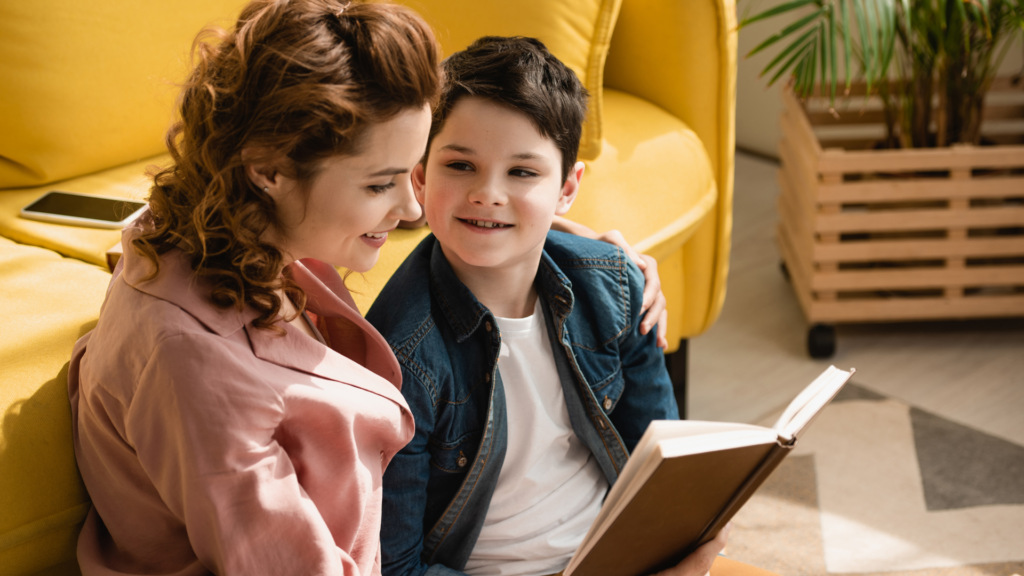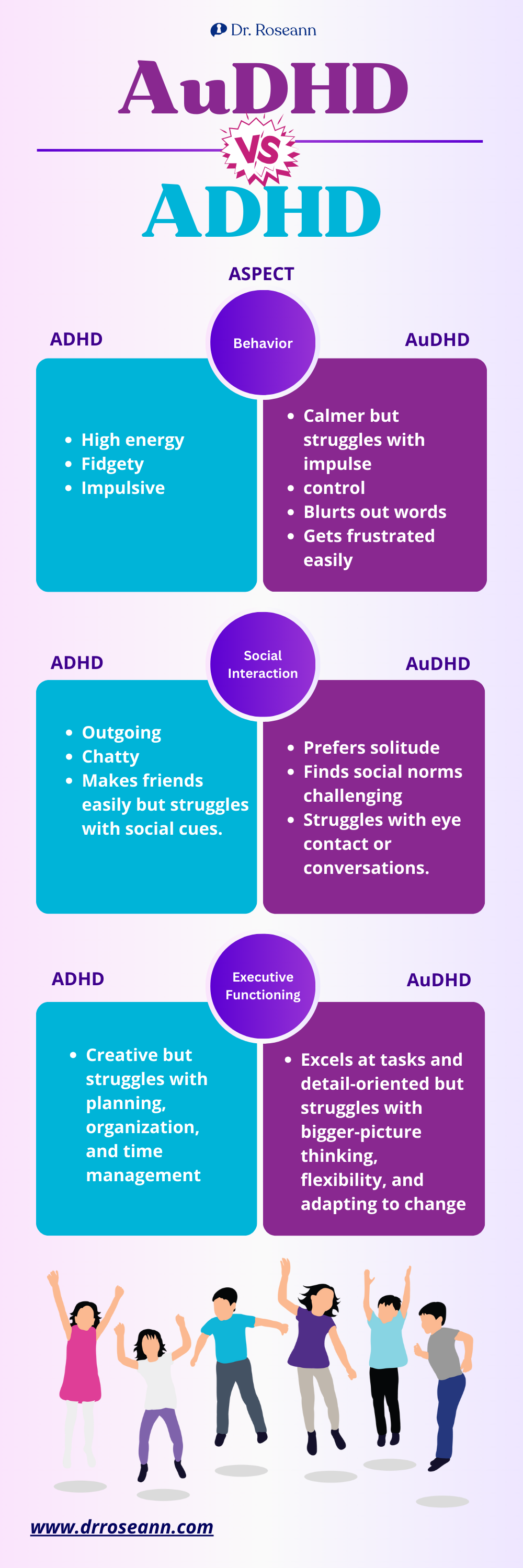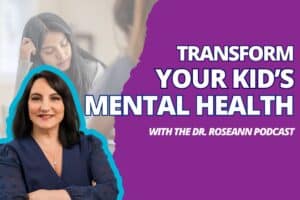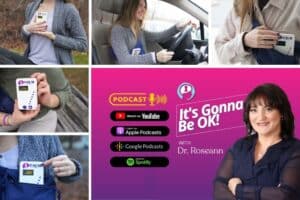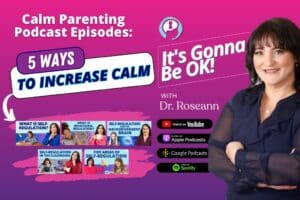Attention Deficit Hyperactivity Disorder (ADHD) and Autism Spectrum Disorder (ASD) are complex neurodevelopmental disorders. They're listed in the Diagnostic and Statistical Manual of Mental Disorders (DSM), and they’re two separate conditions with some overlapping traits.
When these two neurodevelopmental conditions combine, the diagnosis becomes AuDHD. However, kids with AuDHD have some distinct personalities from those with ADHD or ASD alone.
But then, it's also important to clarify that AuDHD is not included in any official diagnostic criteria, which means it isn't a recognized term in the medical or psychological community. Comparing children's behavior with each condition alone and then together can help understand the differences and overlaps.
AuDHD vs ADHD
So, how do you compare AuDHD vs ADHD? What are their main differences? Well, it's all about the big three: behavior, social interaction, and executive functioning. ADHD and AuDHD can be compared in terms of these:
1. Behavior
ADHD: Kids with ADHD seem to have limitless energy. They are fidgeting, bouncing off walls, and blurting out answers before the question is even finished.
AuDHD: Autistic people with ADHD, on the other hand, might seem calmer on the surface, but their brains can be whirring with internal struggles. They might have trouble with impulse control as they like blurting out secrets or getting easily frustrated (Reiersen & Todd, 2008).
2. Social Interaction
ADHD: Kids with ADHD can be outgoing and chatty, making friends easily. However, they might just struggle to read social cues or read between the lines.
AuDHD: Those with AuDHD might prefer their own company and struggle to understand social norms. They might have trouble making eye contact or keeping up conversations.
3. Executive Functioning
ADHD: Kids with ADHD can be super creative and resourceful, but they might have trouble with things like planning, organization, and time management (Dawson & Guare, 2018).
AuDHD: Kids with AuDHD might be detail-oriented and excel at specific tasks, but they might struggle with bigger-picture thinking, flexibility, and adapting to change.
But remember that every kid is unique, and the overlap between ADHD and AuDHD can be hard to distinguish. It’s because ADHD symptoms can mask some ASD traits, and vice versa, making diagnosis challenging. Additionally, some behaviors, like impulsivity or repetitive actions, might be more frequent or intense in children with both conditions.
Furthermore, these kids may encounter unique social challenges. Social difficulties may be more complex due to combined challenges with attention, communication, and emotional regulation.
Understanding Autism and ADHD Under the Light of AuDHD
As ADHD and ASD exist on spectrums, the severity and presentation of symptoms can vary greatly between individuals.
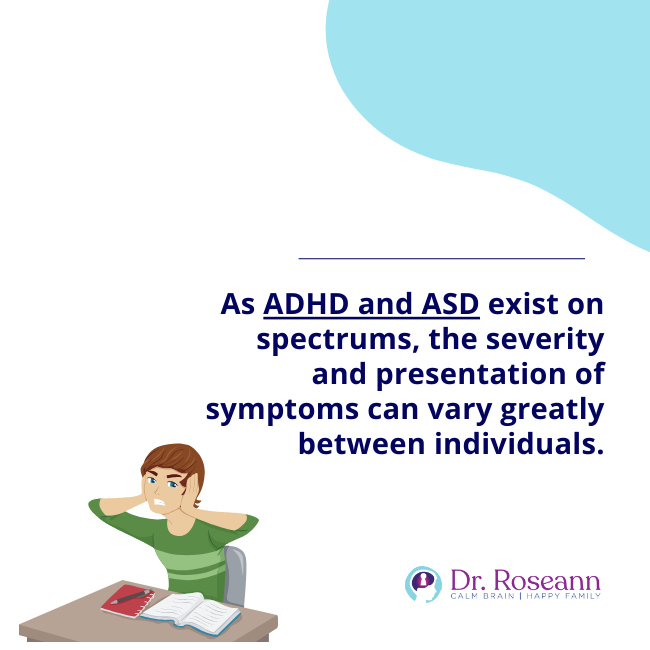
Comorbidities may also exist, as other conditions like anxiety or depression can complicate the picture and further affect behavior.
Understanding these differences helps parents and professionals tailor support and strategies to fit each child's individual needs. To know if your child meets the criteria for either diagnosis, a qualified mental health professional will perform some assessments. They’ll talk to you, your child, and maybe even teachers, to build a complete picture.
But regardless if your child has ADHD, ASD, AuDHD, or any unique blend of other mental health disorders, remember, this is just one chapter in their amazing story. With the right support and understanding, they can navigate any challenge and embrace their strengths.
Comparing individual children is always more helpful than comparing diagnoses as understanding each child's specific strengths and challenges is crucial for providing appropriate support. It’s also important to continuously consult with a healthcare professional for diagnosis and management.
The BrainBehaviorResetTM Program is designed for children with mental health disorders, including AuDHD. The program uses natural therapeutic approaches to address the core symptoms of ASD and ADHD like inattention, hyperactivity, impulsivity, sensory sensitivities, and social communication challenges.
It helps manage the symptoms of these two comorbid conditions, addressing both holistically. The program manages AuDHD through neurofeedback, PEMF, and magnesium supplementation, among other modalities.
Parent Action Steps
☐ Understand the distinctions between AuDHD and ADHD.
☐ Be proactive in advocating for your child's needs.
☐ Consult with a qualified mental health professional for a thorough assessment.
☐ Use the Solution Matcher to get personalized help for your child.
Citations
Dawson, P., & Guare, R. (2018). Executive Skills in Children and Adolescents: A Practical Guide to Assessment and Intervention. Guilford Press.
Reiersen, A. M., & Todd, R. D. (2008). Co-occurrence of ADHD and Autism Spectrum Disorders: Phenomenology and Treatment. Expert Review of Neurotherapeutics, 8(4), 657–669. https://doi.org/10.1586/14737175.8.4.657
Dr. Roseann is a mental health expert who frequently is in the media:
- Helping Children Thrive Podcast Benefits of Neurofeedback for children with ADHD
- Very Well Mind New Research Highlights Key Differences Among Autistic Boys and Girls
- She Knows 11 Products Moms of Kids With ADHD Swear By to Maintain Order in the Chaos
- The Healthy 12 Silent Signs of Adult ADHD You Might Be Ignoring
- Very Well Mind What Is Asperger Syndrome?
- Seeme & Liz 12 Essential Parenting Tips For Kids with ADHD
Are you looking for SOLUTIONS for your struggling child or teen?
Dr. Roseann and her team are all about science-backed solutions, so you are in the right place!
Grab your complimentary copy of
147 Therapist-Endorsed Self-Regulation Strategies for Children: A Practical Guide for Parents
Dr. Roseann is a Children’s Mental Health Expert and Licensed Therapist who has been featured in/on hundreds of media outlets including The Mel Robbins Show, CBS, NBC, PIX11 NYC, Today, FORBES, CNN, The New York Times, The Washington Post, Business Insider, Women’s Day, Healthline, CNET, Parade Magazine and PARENTS. FORBES called her, “A thought leader in children’s mental health.”

She coined the terms, “Re-entry panic syndrome” and “eco-anxiety” and is a frequent contributor to media on mental health.
Dr. Roseann Capanna-Hodge has three decades of experience in working with children, teens and their families with attention-deficit hyperactivity disorder (ADHD), autism, concussion, dyslexia and learning disability, anxiety, Obsessive Compulsive Disorder (OCD), depression and mood disorder, Lyme Disease, and PANS/PANDAS using science-backed natural mental health solutions such as supplements, magnesium, nutrition, QEEG Brain maps, neurofeedback, PEMF, psychotherapy and other non-medication approaches.
She is the author of three bestselling books, It’s Gonna Be OK!: Proven Ways to Improve Your Child's Mental Health, The Teletherapy Toolkit, and Brain Under Attack. Dr. Roseann is known for offering a message of hope through science-endorsed methods that promote a calm brain.
Her trademarked BrainBehaviorResetⓇ Program and It’s Gonna be OK!Ⓡ Podcast has been a cornerstone for thousands of parents facing mental health, behavioral or neurodevelopmental challenges.
She is the founder and director of The Global Institute of Children’s Mental Health, Neurotastic™Brain Formulas and Dr. Roseann Capanna-Hodge, LLC. Dr. Roseann is a Board Certified Neurofeedback (BCN) Practitioner, a Board Member of the Northeast Region Biofeedback Society (NRBS), Certified Integrative Mental Health Professional (CIMHP) and an Amen Clinic Certified Brain Health Coach. She is also a member of The International Lyme Disease and Associated Disease Society (ILADS), The American Psychological Association (APA), Anxiety and Depression Association of America (ADAA) National Association of School Psychologists (NASP), International OCD Foundation (IOCDF).
© Roseann-Capanna-Hodge, LLC 2023

